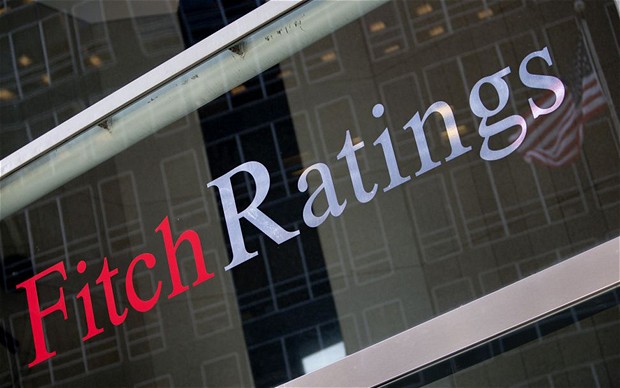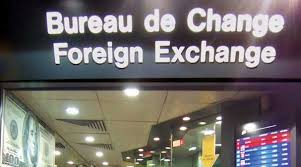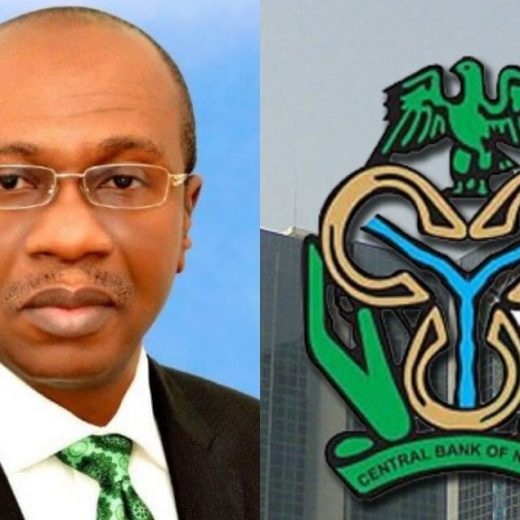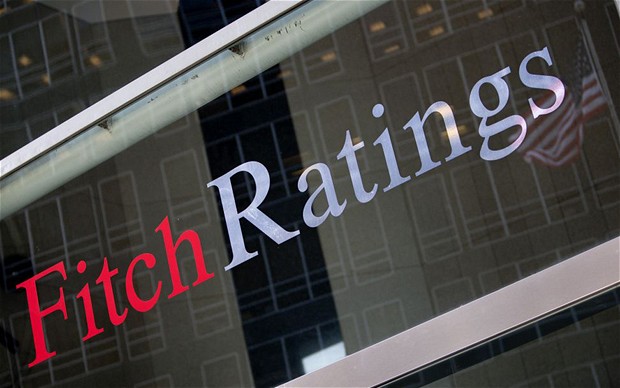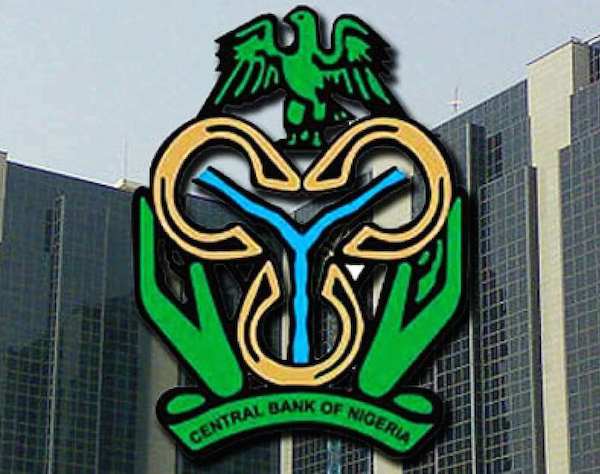Foreign investors still skeptical about process
By ODUNEWU SEGUN
NIGERIAN banks are sufficiently well capitalised to absorb the impact of the 40% effective devaluation of the naira against the US dollar, rating agency, Fitch said.
According to a statement released by the agency recently, it said with a 40 per cent effective devaluation, majority of Nigerian Banks will not face an immediate breach of regulatory capital ratios (CAR).
“However, if the naira continues to weaken, buffers between minimum and reported CARs may decline to a level which heightens ratings sensitivity. Fitch-rated banks report CARs ranging from 14% to 21%.”
The rating agency said the devaluation will impact ratios in different ways across rated banks, depending on the level of their FC risk-weighted assets and the size of their net open FC positions. “On average, 45% of net lending in the Nigerian banking sector is extended in FC (almost entirely US dollars). Balance sheets tend to be reasonably well-hedged, although CARs are primarily affected by the revaluation of their FC risk-weighted assets into Naira.”
“In our view, the immediate impact of effective devaluation on CARs reported by Fitch-rated banks will be a 2% average reduction. Any erosion of capital ratios may be short-lived because banks are profitable despite the unfavourable operating environment.”
Fitch added that the success of the FX move in attracting portfolio inflows and foreign direct investment has yet to be tested. It said if successful, and FC supply rises, FC liquidity for banks to ease which would allow them to meet FC demand, and meet their internal and external FC obligations.
However, CBN’s decision to float the naira and other reforms such as a single FX window has caught the attention of investors. The changes made by the central bank and the fact the CBN is clearing the backlog of FX demand is very positive, according to another international fixed income asset manager.
“Offshore investors will likely return when they see liquidity in the dollar naira market this still does not seem to be the case. When offshore investors are able to get money out is when they will likely put new money in,” a he source told National Daily at the weekend.
ALSO SEE: Firstbank Plc in trouble, says global rating agency
The naira firmed to close at N281.50 to the dollar on Wednesday, following a central bank dollar sale to improve dollar liquidity, its first daily gain since the CBN reopened the interbank FX market.In the non-deliverable forwards market, the naira rose against the dollar, with the one-month contract quoting the currency as firm as N288, after hitting N317 on Monday.
Meanwhile, Foreign portfolio investors are still watching the markets before they dip their toes back in, according to Mustapha Suberu of boutique investment bank, Eczellon Capital.
“They want to see how effective, efficient and transparent FX transactions will be at the interbank market. They also want the initial volatility to play out and have a proper guide on what the true value of the naira may be,” Suberu told National Daily.
Foreign investors held $5.4 billion of Nigerian bonds in September 2013 but dumped most of them after the country was ejected last year from JPMorgan’s GBI-EM index tracked by more than $200 billion of funds.
They will probably need to be convinced that a more flexible and liquid FX platform can be sustained for longer and also likely require higher yields to compensate for risks associated with the Nigerian market before resuming the purchase of naira debt, analysts say.

 Aviation7 days ago
Aviation7 days ago
 Business4 days ago
Business4 days ago
 Business4 days ago
Business4 days ago
 Education4 days ago
Education4 days ago
 Crime4 days ago
Crime4 days ago
 Business1 week ago
Business1 week ago
 Business6 days ago
Business6 days ago
 Business4 days ago
Business4 days ago
